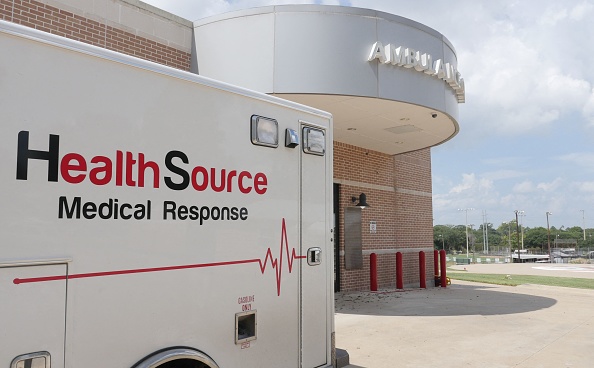When several representatives from private health insurance companies called on him a few years ago to offer Medicare Advantage plan contracts so their enrollees could use his hospital, Bleak sent them away.
“Come back to the table with a better offer,” the chief executive recalled telling them. The representatives haven’t returned.
Battle Mountain is in north-central Nevada about a three-hour drive from Reno, and four hours from Salt Lake City. Bleak suspects insurance companies simply haven’t enrolled enough of the area’s seniors to need his hospital in their network.
Medicare Advantage insurers are private companies that contract with the federal government to provide Medicare benefits to seniors in place of traditional Medicare. The plans have become dubious payers for many large and small hospitals, which report the insurers are often slow to pay or don’t pay.
Private plans now cover more than half of all those eligible for Medicare. And while enrollment is highest in metropolitan areas, it has increased fourfold in rural areas since 2010. Meanwhile, more than 150 rural hospitals have closed since 2010, according to the Cecil G. Sheps Center for Health Services Research at the University of North Carolina. Largely rural states such as Texas, Tennessee, and Georgia have had the most closures.
Medicare Advantage growth has had an outsize impact on the finances of small, rural hospitals that Medicare has designated as “ critical access.” Under the designation, government-administered Medicare pays extra to those hospitals to compensate for low patient volumes. Medicare Advantage plans, on the other hand, offer negotiated rates that hospital operators say often don’t match those of traditional Medicare.
“It’s happening across the country,” said Carrie Cochran-McClain, chief policy officer of the National Rural Health Association, whose members include small-town hospitals.
Read the full article here







